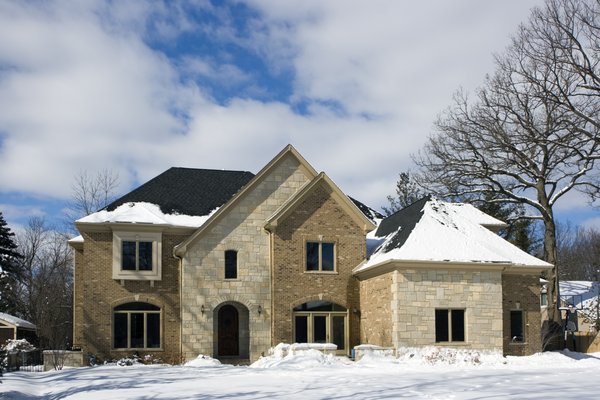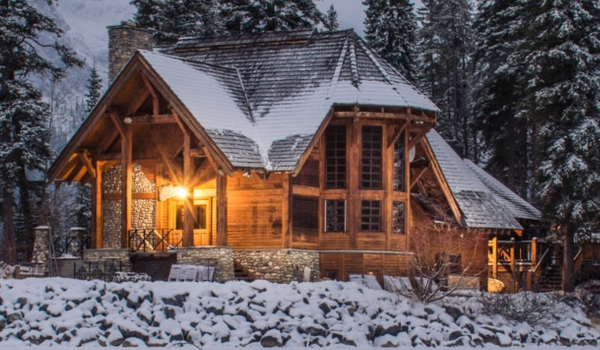
There’s no way around it. Winter is coming and with it comes snow, ice, and cold. It’s important to know what kind of damage winter can do to a home, especially if it’s your first winter in your new home.
If you’ve lived in apartments or other housing, winter might have come with a few extra rules but for homeowners, winter means preparing the house to stay warm and undamaged all season long.
Check It Twice
There are several checks and updates you may want to make before winter truly descends. First, check your roof and attic to see if they have proper insulation and add more if necessary. A lot of heat gets lost out of your roof so you need to make sure the insulation is high quality. Proper attic insulation can save you up to 50% on your heating and cooling bill and prevents the formation of ice dams, which can badly damage your roof. While you’re checking the insulation, check for any sagging, wetness, cracks, or holes in your roof or attic. If you see anything wrong, talk to a roofer. They will be able to tell you if your roof will make it through the season or if you should have repairs or replacement done sooner.
After your roof is taken care of, check the opposite place, the basement. About 98% of homes with basements will experience some type of water damage. Check for foundation cracks or holes and get them filled pronto, as this will help prevent leaks and other water damage. For further protection, install a dehumidifier to keep the air dry and make sure your basement is well sealed and properly insulated. Finally, check your pipes at all possible access points for cracking, leaking, and insulation. Proper pipe insulation will prevent them from bursting during the winter months.
Prepare The Defenses
Heating and cooling are expensive, even more so in winter. There are a lot of steps you can take toward better heating and cooling in your home. Install ceiling fans to circulate air, install a high-quality thermostat, ensure good seals on all windows and doors, and keep vents clear of obstructions. To mitigate water heating costs, put a blanket on your water heater, turn down the temperature, and ensure pipes are properly insulated.
Other winter preparations include cleaning out your heater vents, purchasing extra fuel for your furnace, changing out furnace filters, rearranging furniture to better suit the vents, and sealing any holes in your siding, porch, and crawlspace. The last thing you want is winter rats in your walls.
Every year around 43 million Americans move. So if it’s your first winter in a new house, take the time to check it. Without the right winter preparations, spring will only bring flooding, bugs, and breakages that will cost you.




